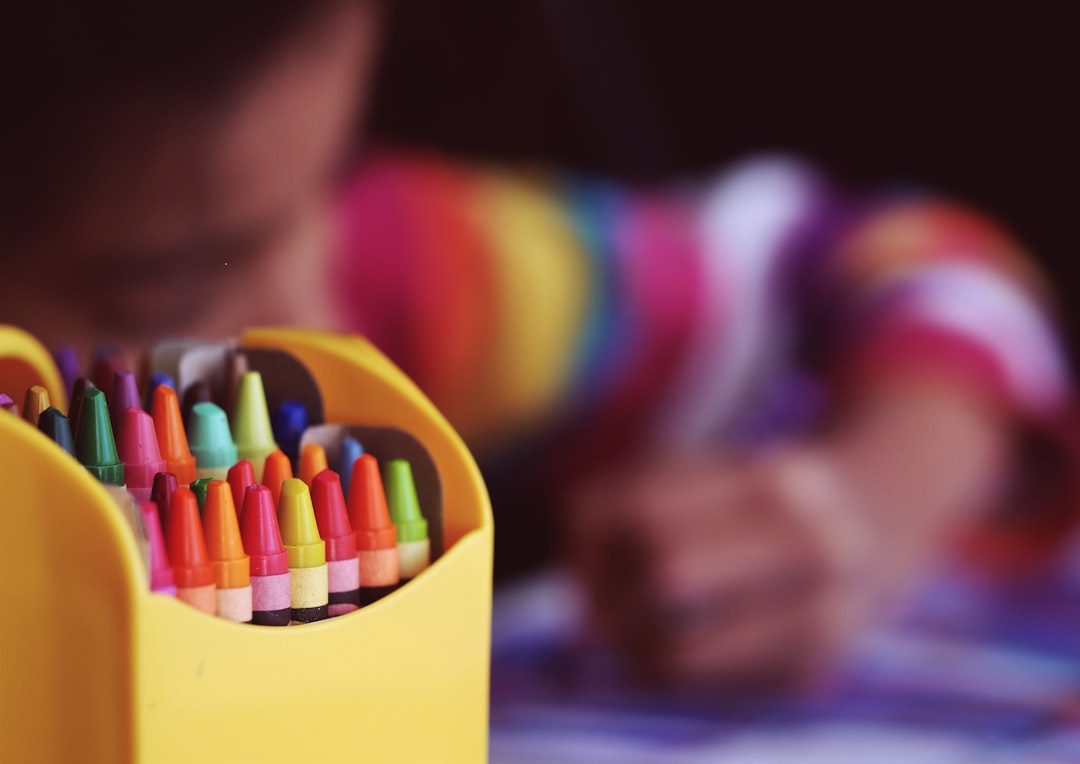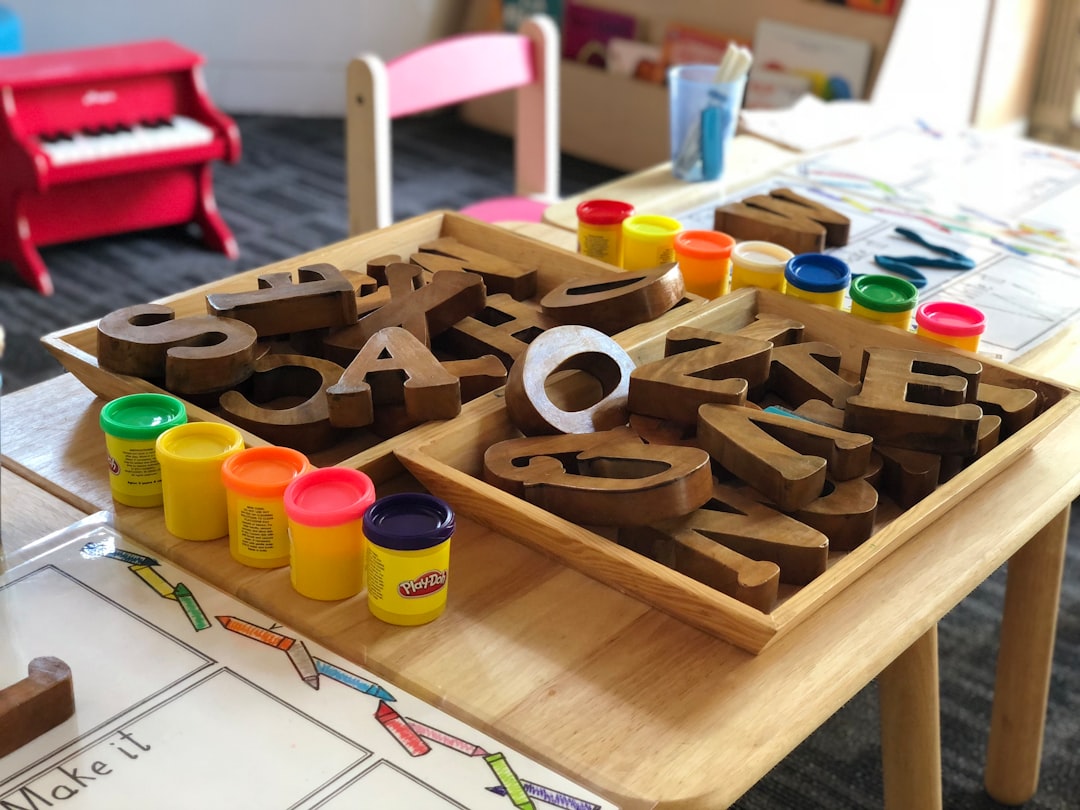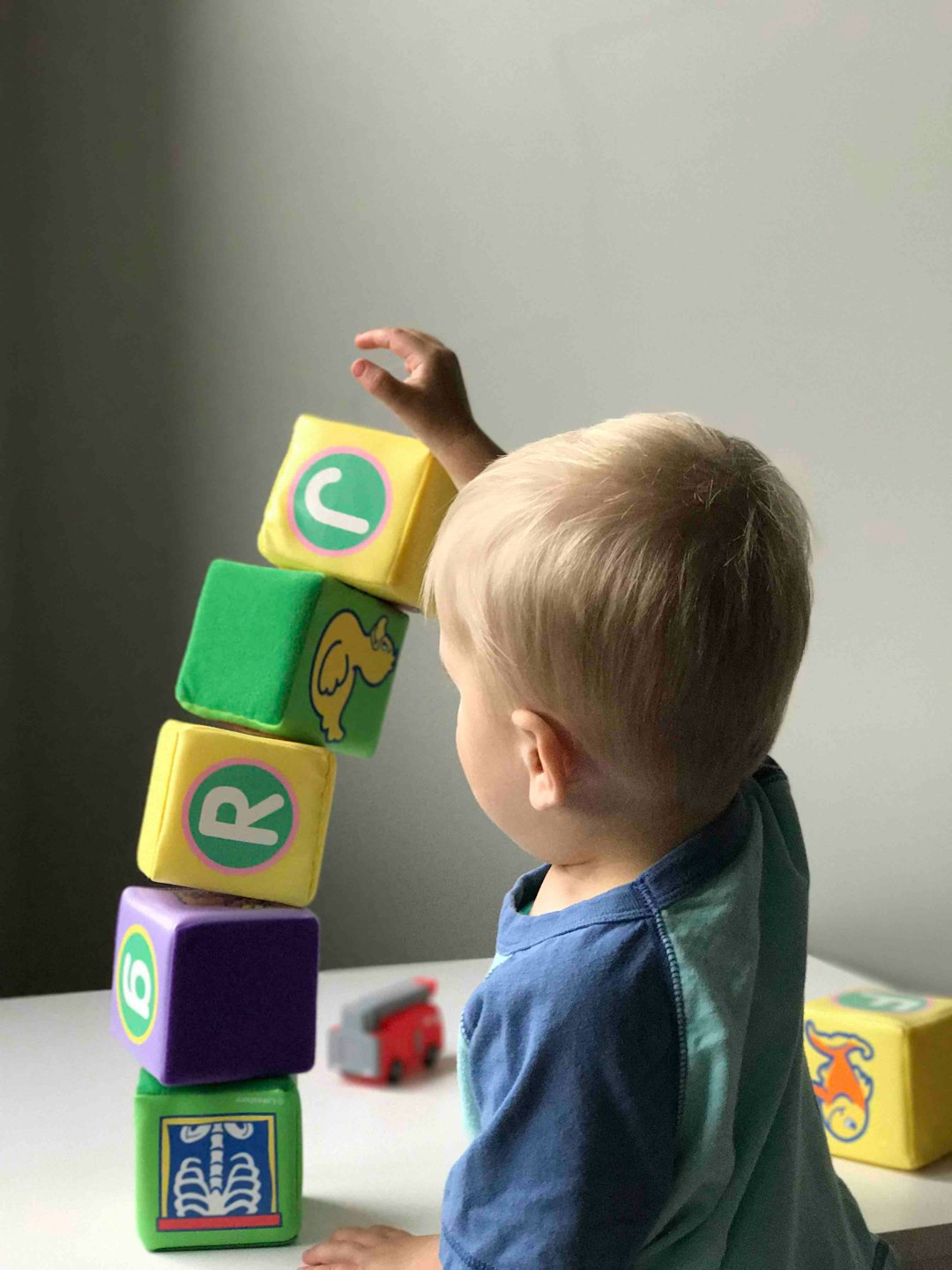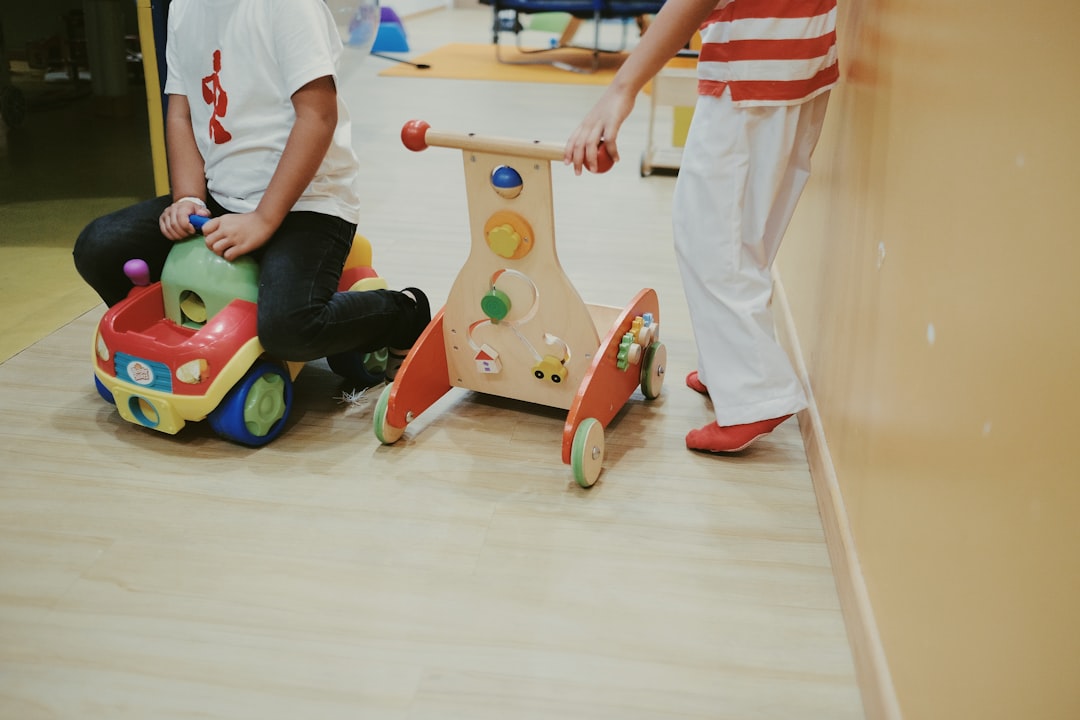Recognizing behavioral and physical red flags like sudden changes in mood or frequent headaches is crucial for spotting potential daycare abuse. Indianapolis, Indiana, has a robust legal system with the Indiana Department of Child Services (DCS) investigating and addressing such cases. Consulting a specialized daycare abuse lawyer in Indianapolis, IN is essential to report suspected abuse, navigate legal processes, and hold perpetrators accountable while ensuring child safety. Immediate action, including documenting incidents and contacting authorities, is vital for preventing further harm and seeking justice.
In Indianapolis, recognizing and preventing institutional abuse in childcare settings is paramount for safeguarding our children. This article explores the critical signs of such abuse, equipping parents and caregivers with knowledge. We delve into legal protections and responsibilities, highlighting the importance of understanding your rights as a parent. If you suspect daycare abuse, learn actionable steps to take, guided by insights from a dedicated Indianapolis daycare abuse lawyer, ensuring every child’s safety remains a top priority.
Recognizing Behavioral Red Flags in Daycares
Recognizing behavioral red flags in daycares is a crucial step in preventing and addressing institutional abuse. Parents and caregivers should be vigilant for signs that might indicate a child is experiencing harm or stress while at daycare. Some key indicators include sudden changes in behavior, such as increased irritability, withdrawal from social interactions, or extreme fear of going to daycare. Children may also exhibit physical symptoms like frequent headaches, stomachaches, or sleep disturbances without apparent medical cause.
If you notice these red flags, it’s important to consider consulting a daycare abuse lawyer in Indianapolis, IN. They can provide guidance on how to approach the issue, whether through discussions with the daycare staff or taking legal action if neglect or abuse is confirmed. Prompt intervention can ensure the safety and well-being of the child, fostering a healthier and more secure environment at the daycare setting.
Legal Aspects of Protecting Children from Abuse
In Indianapolis, the legal framework for protecting children from abuse in daycare settings is stringent and multifaceted. The Indiana Department of Child Services (DCS) plays a pivotal role in investigating and addressing reports of child abuse or neglect, ensuring that licensed daycare providers adhere to strict safety standards. Any indication of physical, emotional, or sexual abuse within a daycare facility can trigger legal consequences for the perpetrators, including license revocation and even criminal charges.
If you suspect daycare abuse in Indianapolis, IN, it’s crucial to consult a skilled daycare abuse lawyer who understands the intricate laws surrounding child protection. Legal action can be taken to hold accountable those responsible, seeking justice for the victims and preventing future instances of abuse. Prompt reporting and legal intervention are essential components in safeguarding the well-being of children in our community.
Taking Action: What to Do If You Suspect Abuse
If you suspect that a child is experiencing institutional abuse within an Indianapolis daycare center, it’s crucial to take immediate action. The first step is to document any observed behaviors or instances that raise concerns, such as unexplained injuries, consistent tardiness, or withdrawal from activities. Collect evidence, including photographs, videos, and detailed notes on the child’s demeanor. Next, contact local authorities, such as law enforcement or child protective services, to report your suspicions. They can guide you through the proper channels for investigation and ensure the safety of the child.
Consider consulting a daycare abuse lawyer in Indianapolis, IN, who can provide legal advice tailored to your situation. They can help navigate the complex process of filing a complaint against the facility, ensuring that all necessary steps are taken to protect the victim and hold the responsible parties accountable. Don’t hesitate; prompt action is vital to prevent further harm and ensure justice for the affected child.






